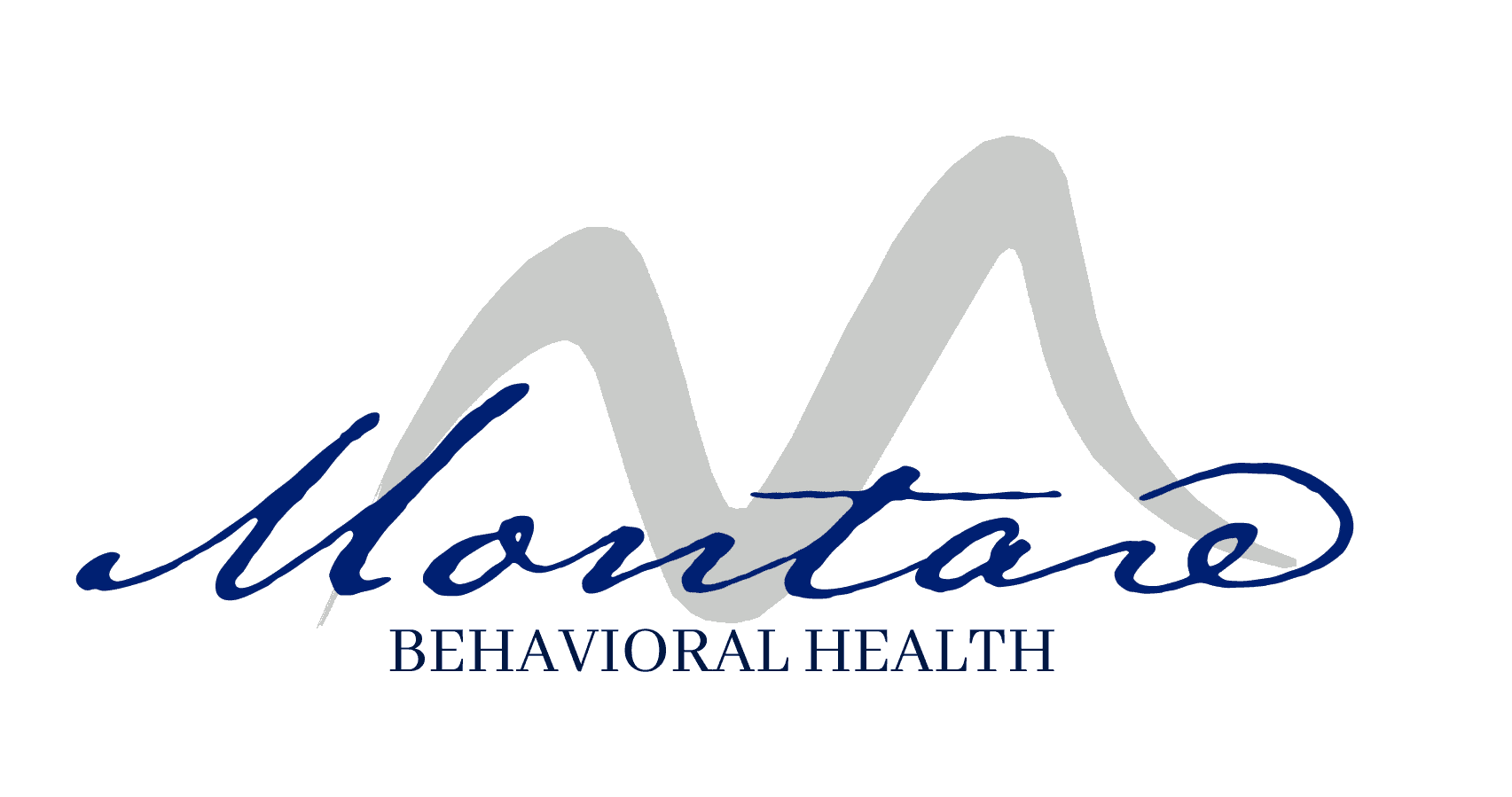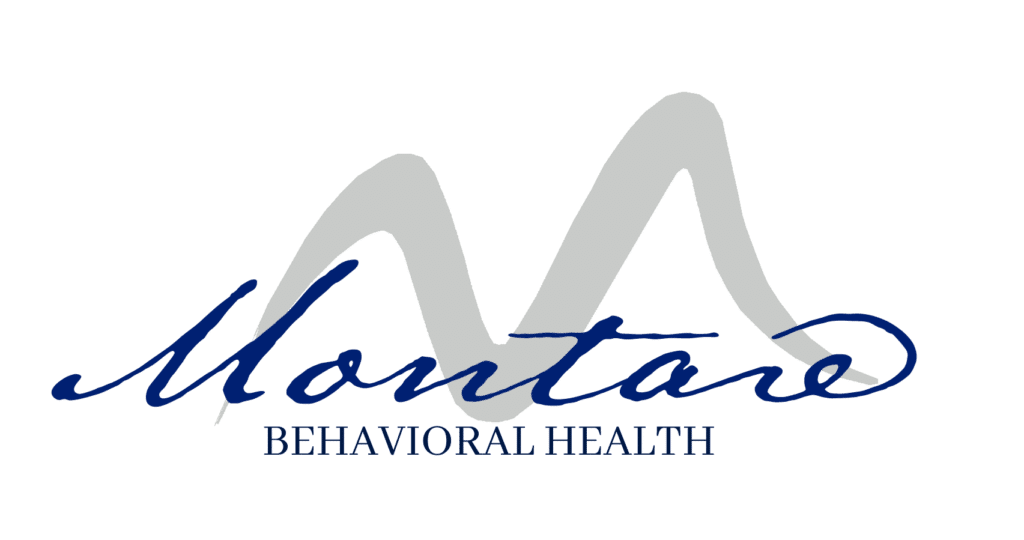Everyone gets anxious from time to time, but for some people, anxiety overtakes their lives. It develops into a mental health disorder and the symptoms can make it difficult to complete everyday tasks. Montare Behavioral Health of Tucson understands how to teach people to get to the root of their anxiety and learn healthy ways to cope when symptoms strike. We provide highly effective treatment for a variety of anxiety disorders in a homelike setting. With the help of our skilled, experienced mental health therapists, the people we treat minimize their symptoms of anxiety. We prepare them to return home with improved mental health and a more relaxed ability to enjoy life.
What Are Anxiety Disorders?
Anxiety disorders are the most common type of mental health disorder experienced by people in the U.S. Approximately 40 million adults aged 18 and over are affected by some type of anxiety disorder every year. While anxiety disorders can be treated with the appropriate professional treatment program, many people do not seek help. In fact, less than 37% of adults with an anxiety disorder get the help they need. In addition, almost one in three adolescents aged 13 to 18 has an anxiety disorder.
Anxiety disorders cause a person to experience anxiety outside of the proportion most people feel it. The symptoms can be in reaction to an event happening, in anticipation of something that makes the person anxious, or appear out of nowhere. The individual becomes overwhelmed with constantly feeling anxious, nervous, and worried. They feel unable to control their emotions, and their worlds can begin to shrink as they become less and less comfortable doing things. Having panic attacks can negatively impact a person’s ability to work, attend school, and participate in social activities.
What are the Different Types of Anxiety Disorders?
There are several types of anxiety disorders, and a qualified clinician can assess a person to determine which one they have. The types of anxiety disorders include the following:
Generalized Anxiety Disorder
Generalized anxiety disorder (GAD) affects approximately 6.8 million adults but less than half seek treatment for it. GAD often co-occurs with depression and affects about twice as many women as men. People who have GAD exist in a constant state of some level of anxiety. They feel anxious about everyday issues as well as big stressors. They also tend to feel restless, tired, irritable, and have difficulty sleeping.
Panic Disorder
Panic disorder affects about 6 million adults and impacts about twice as many women as men. Symptoms include trouble breathing, racing heart, sweating, feeling dizzy or weak, shaking, and numbness in the hands or feet. These panic attacks can happen several times a day or less.
Social Anxiety Disorder (SAD)
SAD affects 15 million adults and impacts women and men in equal numbers. Signs include being overwhelmed with fear when it comes to attending social events, meeting strangers, or possibly being the center of attention. Sufferers worry they will embarrass themselves and others will dislike and judge them.
Post-Traumatic Stress Disorder (PTSD)
PTSD strikes about 7.7 million adults and happens to 5 times as many women as men. It can develop as a result of physical or sexual assault, childhood abuse or neglect, military events, natural disasters, and other triggers. Signs of PTSD include having flashbacks, moodiness, fear of places and situations specific to the triggering event, isolation from others, angry or violent tendencies, and being easily startled.
Obsessive-Compulsive Disorder (OCD)
OCD affects the lives of 2.5 million adults with women being three times as likely to have it as men. For many, it develops during childhood, while others don’t have an onset until adulthood. Signs of OCD include having obsessive thoughts the person cannot control and engaging in repetitive compulsive behaviors they cannot stop doing. Many people fixate on cleanliness and organization to the point that it distracts them from their lives.
Specific Phobias
Phobias affect about 19 million adults and impact about twice as many women as men. Common phobias include a fear of heights, flying, spiders, and being out in public. Symptoms can include feeling fear or panic when thinking about or being faced with the object of fear.

Treating Anxiety Disorders
Anxiety disorders can cause a person to feel helpless, but treatment can provide a lot of relief for the symptoms that come with these illnesses. Many people go on to overcome their anxiety disorder completely. There are different levels of care, and an assessment of each person will help determine which type of care a person needs.
Many people require the focused care that comes with attending residential treatment. They temporarily move into a facility, which often resembles a home rather than a clinical setting, for 30 days or more. They receive treatment 24/7 in a serene environment that keeps them from being distracted by stressors back home. Another option for care is an outpatient program. With these plans, the person can continue to live at home and travel to a facility during the day for therapy sessions. The levels of outpatient care include regular outpatient programs (OP), intensive outpatient programs (IOP), and partial hospitalization programs (PHP).
In each type of treatment level a person attends, the focus is placed on attending therapy sessions. Both individual and group therapy help people with anxiety learn to ease their symptoms and gain control of how they feel and move through their days. The types of therapy that work well when treating any kind of anxiety disorder include:
- Individual therapy
- Group therapy
- Family therapy
- Holistic therapy
- Cognitive-behavioral therapy (CBT)
- Dialectical behavior therapy (DBT)
- Eye movement desensitization and reprocessing therapy (EMDR)
Contact Montare Behavioral Health of Tucson About Treatment for Anxiety Disorders
Do you find that your life has become less enjoyable and manageable because you experience constant anxiety? You’re not alone because anxiety disorders have become quite common in this country. Montare Behavioral Health of Tucson employs a highly skilled staff of mental health experts who know how to treat every kind of anxiety disorder. We use up-to-date therapy modalities and any necessary medications to help you overcome the limits that anxiety places on your life. Under our care, you can learn to feel calmer and make plans for the life you deserve.
Are you ready to talk to someone about beginning effective treatment for an anxiety disorder? Contact us today and an admissions staff member can answer any questions you have.


